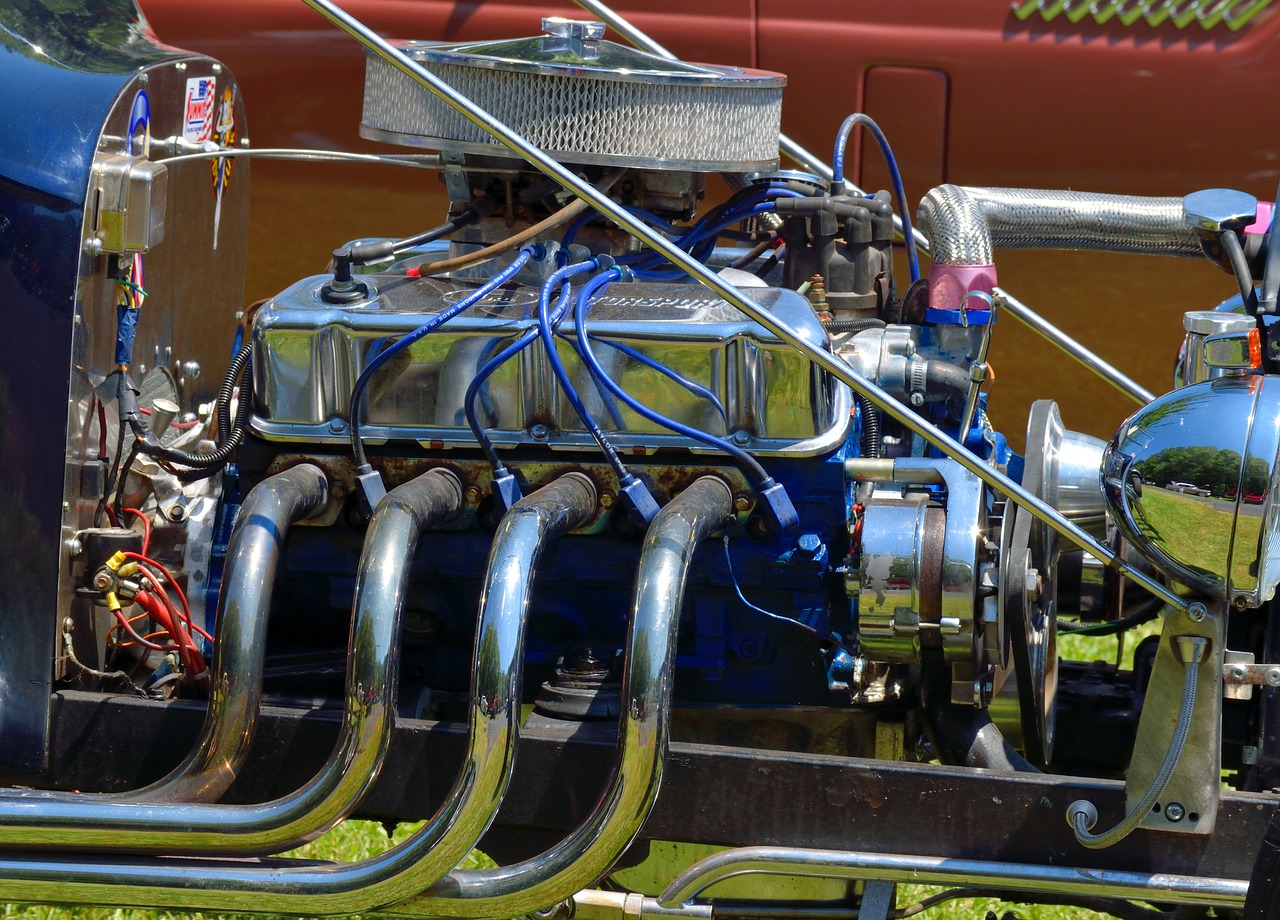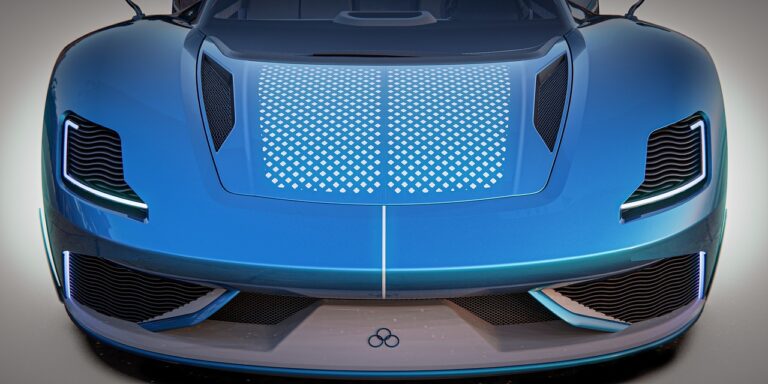Exploring the Potential of Quantum Computing in Automotive R&D
Quantum computing leverages principles of quantum mechanics to process information in ways that traditional computers cannot match. Unlike classical computers that use bits to represent data as 0s and 1s, quantum computers use quantum bits, or qubits, which can exist in multiple states simultaneously due to superposition. This property allows quantum computers to perform complex calculations much faster than classical computers. The process of entanglement further enhances the capabilities of quantum computing by linking the states of different qubits, enabling them to act as one coherent system.
One of the fundamental algorithms in quantum computing is Shor’s algorithm, which can efficiently factorize large numbers—a task that would take traditional computers an impractical amount of time to complete. Grover’s algorithm is another significant development in quantum computing, offering a speedup for searching unsorted databases. As quantum computing continues to advance, researchers are exploring new algorithms and applications that have the potential to revolutionize industries ranging from cryptography to material science.
Current Challenges in Automotive R&D
The automotive industry is facing a myriad of challenges in its research and development pursuits. One significant obstacle is the demand for cleaner and more sustainable technologies amidst rising environmental concerns. Automakers are under pressure to develop vehicles with reduced emissions and lower carbon footprints while still meeting consumer expectations for performance and affordability.
Furthermore, the rapid pace of technological advancements presents a challenge for automakers to stay competitive and innovative. From electric vehicles to autonomous driving systems, the industry is constantly evolving, requiring extensive R&D efforts to keep up with the latest trends and developments. Finding the right balance between adopting new technologies and maintaining reliability and safety standards is a delicate tightrope that automotive companies must navigate carefully.
• Meeting demand for cleaner and sustainable technologies
• Balancing emissions reduction with consumer expectations for performance and affordability
• Keeping up with rapid technological advancements in electric vehicles and autonomous driving systems
• Finding the right balance between innovation and reliability/safety standards
How Quantum Computing Can Revolutionize Automotive Design
Quantum computing stands at the forefront of technological advancement, offering immense potential for revolutionizing various industries. In the realm of automotive design, this cutting-edge technology can pave the way for unprecedented advancements. With its ability to process vast amounts of data simultaneously and solve complex problems at speeds unimaginable with classical computers, quantum computing has the power to transform the traditional ways in which vehicles are designed and engineered.
By harnessing the capabilities of quantum computing, automotive manufacturers can enhance their design processes, leading to the creation of more efficient and innovative vehicles. The intricate simulations required for developing advanced safety features, optimizing aerodynamics, and perfecting engine performance can be significantly expedited with quantum computing. Moreover, the complexities of designing autonomous vehicles and electric cars, which rely heavily on intricate algorithms and data analysis, can be streamlined through the quantum computing capabilities of processing massive datasets and optimizing complex algorithms in real-time.
What is quantum computing?
Quantum computing is a new type of computing that uses quantum-mechanical phenomena, such as superposition and entanglement, to perform operations on data.
What are the current challenges in automotive R&D?
Some of the current challenges in automotive research and development include the need for faster and more efficient simulation and modeling tools, as well as the demand for more advanced materials and technologies.
How can quantum computing revolutionize automotive design?
Quantum computing has the potential to greatly accelerate the design and optimization processes in automotive engineering by enabling complex simulations and calculations that are currently not possible with classical computers. This can lead to the development of more efficient and innovative vehicles.







